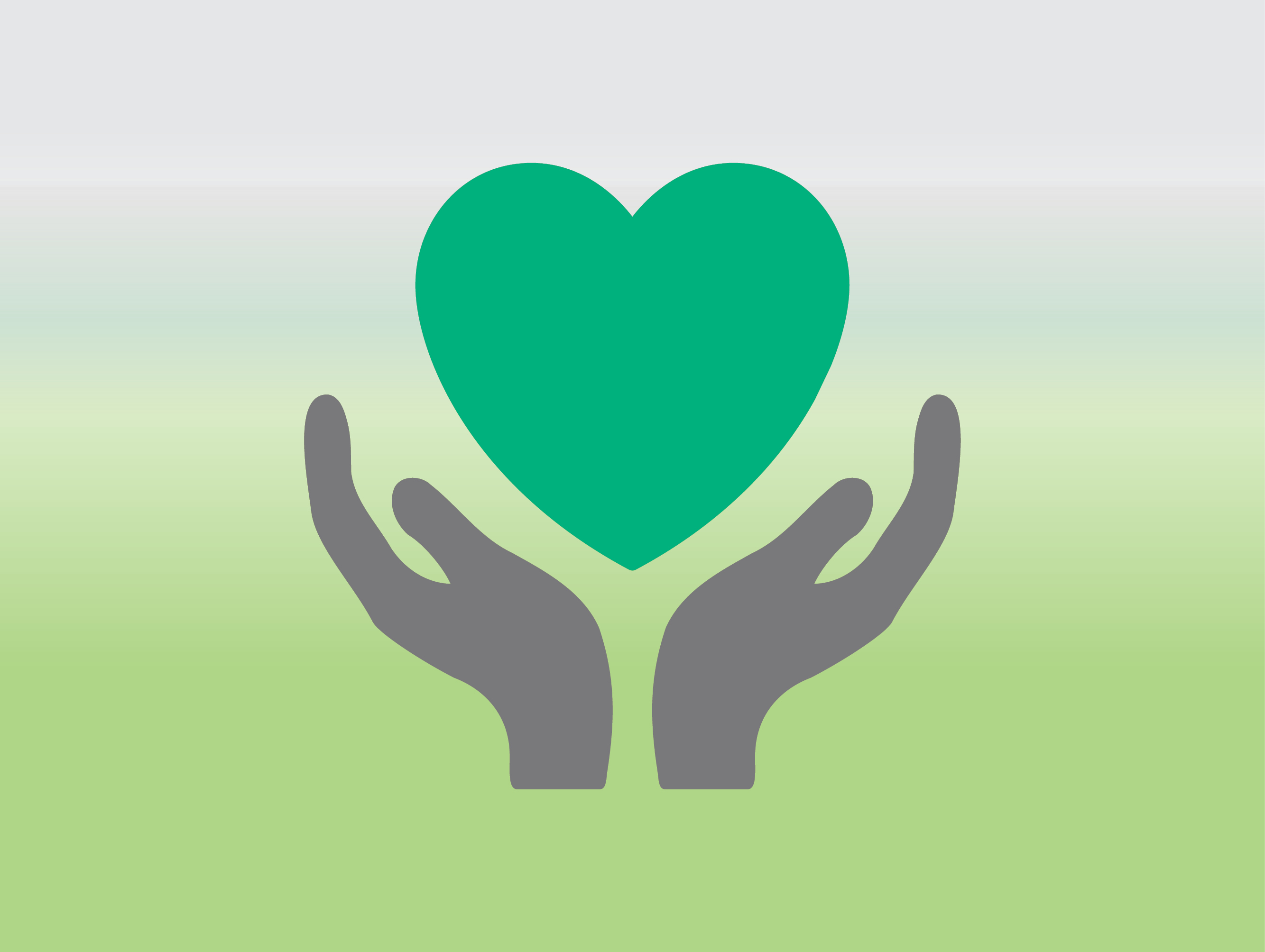Clearing Up Myths About Organ Donation

Earlier in my career, I had the privilege of working in an extremely difficult yet inspiring field – organ and tissue donation. While I wasn’t part of the team that spoke with families, requested consent for donation, or actually participated in the recovery of organs, I met and continue to meet countless people whose lives were touched by this truly courageous and selfless act.
One of those people happens to be a good friend and colleague here at CDPHP®, Heather Rogers. Her father passed away from cardiomyopathy much too young (he was able to donate his corneas). Her uncle also experienced heart-related problems and had a defibrillator implanted in the 1990s. Over the years, the defibrillator wires fused to his heart and caused an infection. He recently underwent two very long procedures to remove the wires and received a new defibrillator. As a result of this ordeal, his heart weakened and he either needed a left ventricular assist device (LVAD) or a heart transplant. To improve his quality of life, he elected to be placed on the waiting list for a heart transplant. Just four days later, he received the gift of life and now has a fully functioning heart. Amazing, isn’t it?
National Donate Life Month
In 2003, Donate Life America named April National Donate Life Month. A host of national and regional activities to raise awareness of organ donation are planned, including National Donate Life Blue & Green Day. which will take place on April 21. Individuals are encouraged to wear blue and green in support of donation on this day.
This is a good month to discuss your wishes as they pertain to organ donation with your family. The sooner they are aware of your desire to be a donor, the better, and while the discussion about organ donation as it relates to advance care planning can be a difficult and uncomfortable one, it’s extremely important.
Some of you may be thinking to yourselves, “I’d love to be a donor, but I can’t” for a host of reasons. Let’s clear up some of those misconceptions right now.
#1 I’m too old to be a donor.
You’d be surprised to know that one out of three organ donors in the U.S. is older than 50. In fact, the oldest organ donor to date was 92, and the recipient of his liver is doing just fine today.
#2 So many people are waiting; I can’t possibly make a difference.
One organ donor has the power to save up to eight lives. An organ AND tissue donor can save/enhance 50 lives or more. In 2016 alone, 33,600 patients received new life thanks to the kindness of donors.
#3 I won’t be able to have an open-casket funeral. 
Organ donation does not interfere with your preferred funeral arrangement, including open-casket. Organs are surgically removed in a routine operation that is comparable to any other type of surgery.
#4 If I’m in an accident and the hospital knows I’m an organ donor, the doctors won’t try to save me.
Medical professionals are trained to do everything in their power to save lives, whether the person is an organ donor or not.
#5 I have had so many illnesses. My organs wouldn’t be viable for donation.
Medical suitability will be reviewed on a case-by-case basis. A detailed medical and social history will be taken and clinical professionals will make a determination. Oftentimes, the illnesses you think might rule you out have no bearing on your ability to donate.
Registering to Donate 
You can decide to be an organ and tissue donor right now by signing up via the New York State Department of Motor Vehicles website. New York state’s organ and tissue donation registry is a registry of consent. This means that when you register, your wish is legally binding and cannot be overturned by anyone. You can elect to donate all organs and tissues, or you can select from those you would prefer to donate. By registering now, your family and friends have one less decision to make on your behalf. Again, this does not mean that you shouldn’t talk to them about your wishes. People are strongly encouraged to have these conversations with their loved ones during a non-stressful time.
 The Daily Dose
The Daily Dose

Comments are closed.